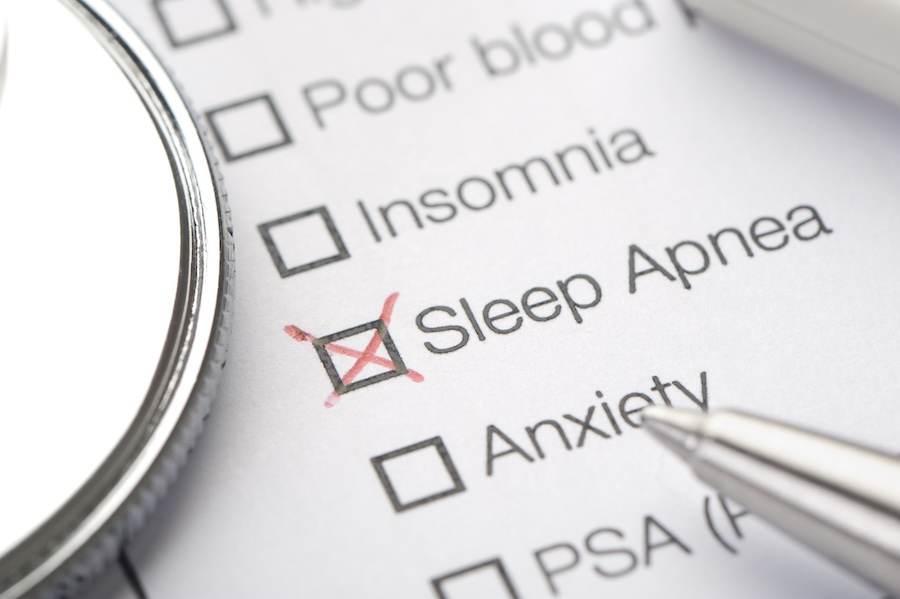
You might not expect a dentist to be involved in treating sleep issues, but the connection is stronger than it seems. The mouth and jaw can provide key clues about how well someone is breathing at night—and sometimes, they’re the first place problems show up.
At Abidin and Cao DDS in Westerville, OH, Dr. Sean Abidin and Dr. Vanessa Cao look beyond just teeth. They help patients understand how oral health and airway health often go hand in hand—especially when it comes to sleep apnea.
What is Sleep Apnea?
Sleep apnea is a condition where breathing repeatedly stops and starts during sleep. The most common type, obstructive sleep apnea (OSA), happens when the soft tissues in the back of the throat relax and block the airway. These interruptions can happen dozens or even hundreds of times per night, often without the person realizing it. Left untreated, it has been linked to fatigue, memory problems, high blood pressure, and heart disease.
Why a Dentist Can Help
Dentists are often the first to spot signs of sleep apnea—sometimes before a patient even mentions symptoms. That’s because dental exams involve more than just checking teeth. A dentist regularly evaluates the shape of the jaw, the position of the tongue, and how the teeth come together—all of which can relate to nighttime breathing. Dentists who work with airway-focused care can play a key role in identifying and managing sleep apnea.
Signs of Sleep Apnea in the Mouth
There are several red flags a dentist might notice during a routine visit. Worn-down or flattened teeth can point to grinding or clenching at night, which is common in people with disturbed sleep. A scalloped tongue (where the edges show slight ridges) may be a sign of tongue obstruction. Other clues include a narrow palate, enlarged tonsils, or chronic dry mouth. These physical traits can all contribute to airway restriction.
How a Dentist Can Treat Sleep Apnea
Not every case of sleep apnea requires a bulky machine. For mild to moderate cases, a custom oral appliance can be a good alternative to a CPAP. These devices are worn during sleep and help keep the airway open by gently shifting the jaw forward. At Abidin and Cao DDS, Dr. Abidin and Dr. Cao design oral appliances based on each patient’s anatomy and needs. They may also coordinate with a physician for diagnosis or further testing if needed.
Supporting Your Sleep Health at Abidin and Cao DDS in Westerville, OH
At Abidin and Cao DDS, patients benefit from a full-picture approach to care. Dr. Abidin and Dr. Cao watch for subtle signs that could point to bigger concerns—like disrupted sleep or breathing issues tied to sleep apnea. By recognizing the oral signs early, they can help guide you toward the right solution—whether that’s a custom appliance or a referral for further testing.
If you’ve been struggling with sleep or suspect sleep apnea may be affecting your health, schedule a visit to start the conversation. A healthier night’s sleep could begin with your next dental exam.
